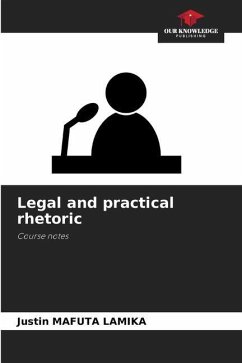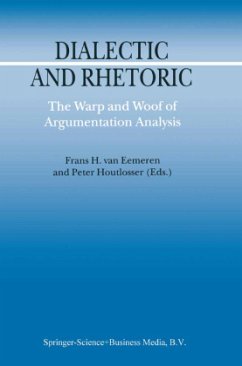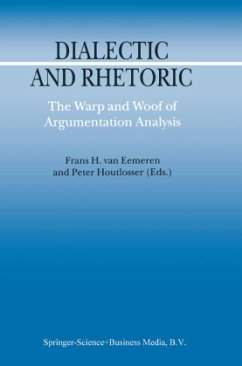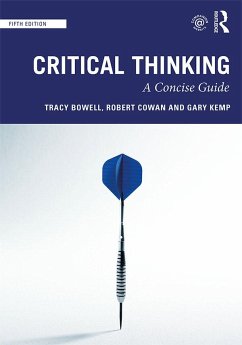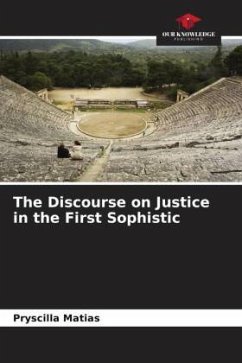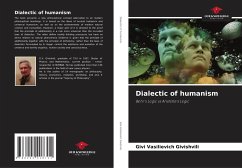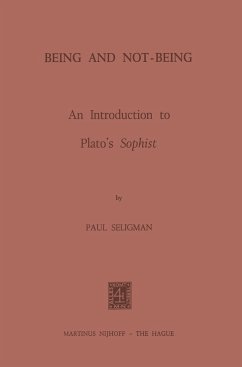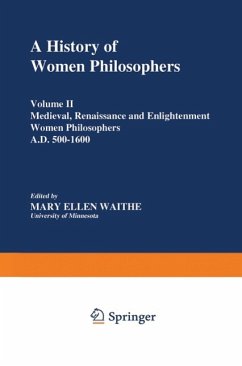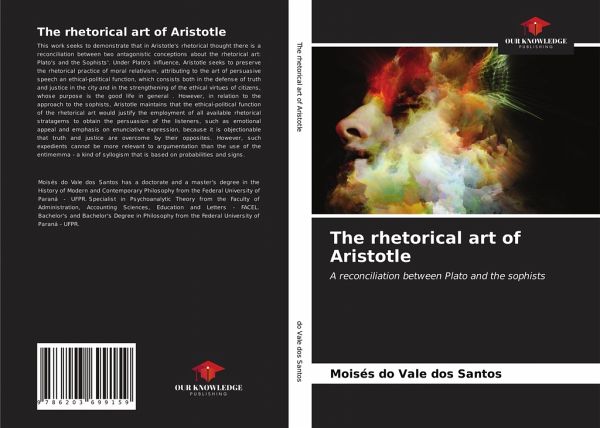
The rhetorical art of Aristotle
A reconciliation between Plato and the sophists
Versandkostenfrei!
Versandfertig in 6-10 Tagen
51,99 €
inkl. MwSt.

PAYBACK Punkte
26 °P sammeln!
This work seeks to demonstrate that in Aristotle's rhetorical thought there is a reconciliation between two antagonistic conceptions about the rhetorical art: Plato's and the Sophists'. Under Plato's influence, Aristotle seeks to preserve the rhetorical practice of moral relativism, attributing to the art of persuasive speech an ethical-political function, which consists both in the defense of truth and justice in the city and in the strengthening of the ethical virtues of citizens, whose purpose is the good life in general . However, in relation to the approach to the sophists, Aristotle main...
This work seeks to demonstrate that in Aristotle's rhetorical thought there is a reconciliation between two antagonistic conceptions about the rhetorical art: Plato's and the Sophists'. Under Plato's influence, Aristotle seeks to preserve the rhetorical practice of moral relativism, attributing to the art of persuasive speech an ethical-political function, which consists both in the defense of truth and justice in the city and in the strengthening of the ethical virtues of citizens, whose purpose is the good life in general . However, in relation to the approach to the sophists, Aristotle maintains that the ethical-political function of the rhetorical art would justify the employment of all available rhetorical stratagems to obtain the persuasion of the listeners, such as emotional appeal and emphasis on enunciative expression, because it is objectionable that truth and justice are overcome by their opposites. However, such expedients cannot be more relevant to argumentation thanthe use of the entimemma - a kind of syllogism that is based on probabilities and signs.



